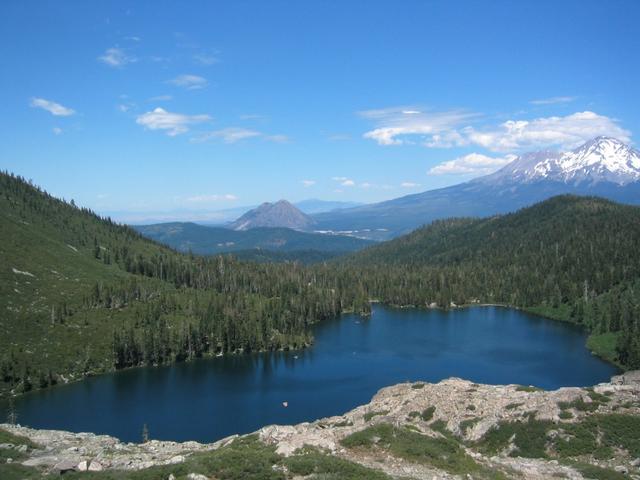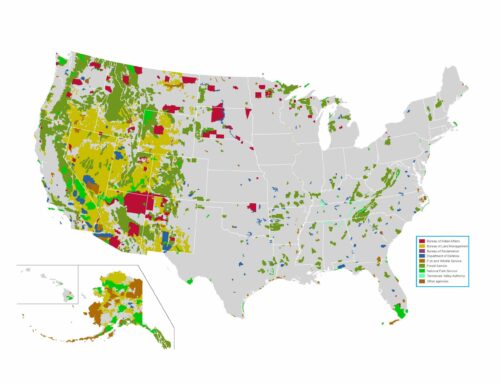by Greg Walcher, E&E Legal Senior Policy Fellow
As appearing in the Daily Sentinel
In all election years, candidates promise to protect Colorado water and supporters disagree on which candidate would do that best. This newspaper, in its editorial endorsements, mentioned water issues in five state and local campaigns, even basing its Attorney General endorsement primarily on the issue of protecting Colorado water.
The latter endorsement has stirred up considerable debate, locally and across the state, perhaps intentionally. People in both camps think it is so obvious that their candidate is best on water issues that they honestly can’t understand why everyone doesn’t see it. I’ve never used this column to endorse candidates or parties, but it strikes me that this is actually a much larger debate than who occupies a particular office.
It would be easy to determine who is best suited to protect our water, and who has the best record of doing so, if everyone agreed on what that implies. What exactly is meant by “protect Colorado’s water?” That is, protect it from what? I have always viewed Colorado water as facing two major threats — downstream states like California, and federal control. On the Western Slope, we traditionally resist long-term threats, upstream or down, California or Denver.
Yet this dispute can only be understood by acknowledging there are many Coloradans who perceive another threat, not from east or west, but from our own people. In this view, all developments that take water out of its natural stream and put it to what the law calls “beneficial use” are a threat to the environment. So, by definition, leaving the water untouched, even if that means giving it to California, is better than Coloradans using it. That’s why federal control, for generations the one aspect that united leaders of both parties, is now seen by many as acceptable if the result is to stop further development in Colorado.






